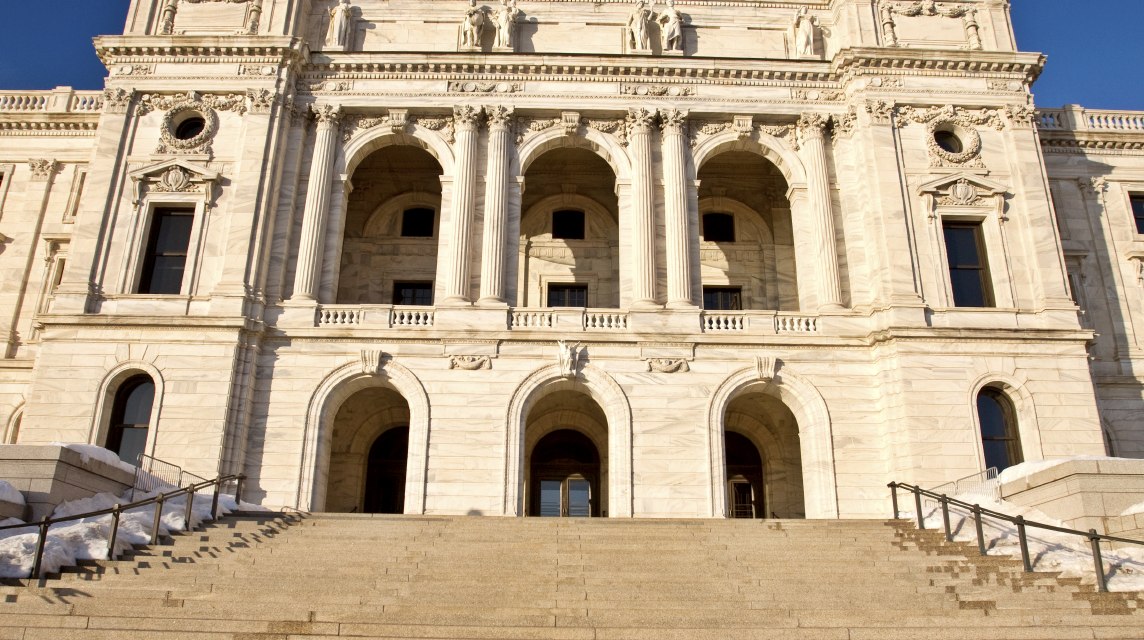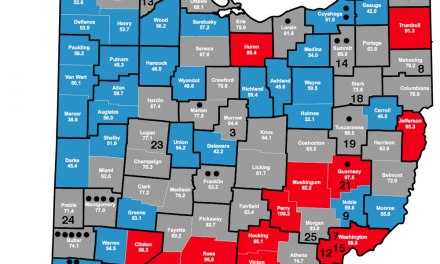States are now beginning the long process of resolving claims against Big Pharma for the damage wrought on communities by widespread availability of prescription opioids, and the promotion of their use. When and if settlements are reached– as they likely will be, in most instances, although it could take a long time if the defendants fight to the wire– how much of that money will be spent on prevention and treatment of drug abuse?
Opioid court fights risk repeating tobacco’s failures
The opioid cases will involve far fewer victims and the settlements will be proportionately smaller than was the case with tobacco. Still, the damage from prescription opioids over a relatively short time is nothing short of remarkable. The Politico article cites just one Ohio county, population around half a million, that nonetheless received an average of more than 35 million opioid pills every year between 2010 and 2016.
Think about that. 67 pills for every resident. Every year.
One outcome: An unintended OD every three and a half hours. Remember, that’s just one county. Who wrote all those prescriptions? Who authorized the pharmacies to fill them? Who paid the bills?
Anyway, a major goal of the lawsuits will be compensation for damage and to prevent something like this from happening again. Logically, a huge percentage of the money awarded will be used for prevention and treatment.
Won’t it? Possibly not. That’s not what happened with the tobacco settlements.
From the article: “…over the past five years, less than 10% of the nearly $40 billion in tobacco payments went towards such efforts. That’s less than a quarter of what the Centers for Disease Control and Prevention says states need for comprehensive tobacco control.”
That doesn’t sound right, does it? Smoking has decreased, but e-cigs and vaping are on the way up — especially among younger people. Think of it as another generation of nicotine dependent people in the making. Meanwhile, tobacco still gets credit for several hundred thousand deaths annually— more than opioids.
So what are we doing with the other 90% of the settlement money? Is it being diverted to other uses? If so, how does that happen? Who votes in favor of diverting the money? Why are the CDC recommendations ignored?
I guess we should be asking our representatives. Because it could happen with the opioid money, too.













